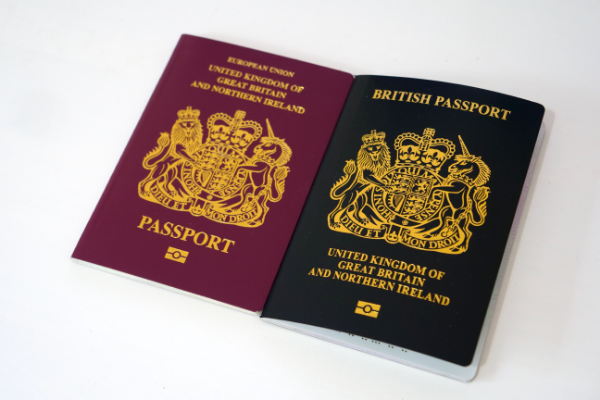Insights
INSIGHTS
All Topics
My Account
Brexit and the funding vacuum
17 Feb 2021by Joe Lepper
We look at the challenges that charities are facing amid an emerging post-Brexit funding vacuum
Since 2014, structural funding from the EU for communities in the UK has been worth more than £4.35 billion. The key source of this funding was the European Social Fund, which was widely used by charities to help their beneficiaries locally.
But Brexit has ended the UK’s involvement in EU funding streams. Here we examine what will replace this vital source of funding for charities and how they can meet the challenges of the current post-Brexit funding vacuum.
UK Shared Prosperity Fund
The government has announced that the lost funding from the EU will be replaced with the UK Shared Prosperity Fund. (UKSPF) This is still to launch, however, and detailed plans have not yet been published.
The aim is to start putting £220 million of funding into pilot initiatives in 2021 with the eventual aim of totalling £1.5 billion a year.
Earlier this month Steve Reed MP, Labour’s Shadow Secretary for Communities and Local Government, asked the government for confirmation of the timetable for publication of details of the UKSPF.
The government has indicated that further details around investment are not likely until spring.
Minister of State for Housing, Communities and Local Government, Luke Hall MP, added that details on the “operation of the additional funding in 2021/22 will be published soon”.
He said the funding will help to “level up and create opportunity across the UK for places most in need, such as ex-industrial areas, deprived towns, and rural and coastal communities, and for people who face labour market barriers.
“In addition, to help local areas prepare over 2021/22 for the introduction of the UKSPF, we will provide additional UK funding to support our communities to pilot programmes and new approaches.”
This leaves a vacuum in funding in terms of the timing of when charities and communities will be able to access money.
What charities know so far
Luke Hall has offered some further indication of what communities will need to do to access funding. This is set to be based around targets and areas being able to agree to outcomes to be achieved.
This was given in his answer to a parliamentary question from Andrew Bowie, Conservative MP for West Aberdeenshire and Kincardine, on when Scottish councils can apply for the UKSPF.
Places receiving funding will be asked to agree specific outcomes set against targets “within a UK-wide framework,” said Hall.
“They will then develop investment proposals to be approved by the government among a representative stakeholder group. A second portion of the Fund will be targeted differently to people most in need through bespoke employment and skills programmes that are tailored to local need.”
This indicates there will be strong potential for employment and training charities to be able to access funding through the UKSPF.
Second-hand clothing mountain
Trade became much more complicated between the UK and EU under Brexit, with organisations facing increasing checks and red tape. This is already causing delays in exporting and importing goods and stocks of good mounting up.
It has emerged these trading challenges are having a direct impact on charities looking to raise funds by exporting second-hand donations to EU member states.
One exporter told the media that “we’ve got containers sat in port, we’re paying standing charges, our customers can’t have their goods, and we’re not being paid. The business has ground to a halt”.
This is reportedly costing charities thousands of pounds in funding that they would ordinarily receive from exporting donated goods to the EU. Given charity shop closures amid COVID-19, the source of funding is especially important to charities in 2021.
Tax breaks on funding
In addition to a funding vacuum, there is a policy vacuum in a raft of areas including employment rights, data protection, and environmental law.
This policy vacuum extends to finance legislation impacting on charities’ fundraising operation. Most notably this surrounds the tax breaks available to charities to ensure they can ensure as much of their donations goes towards good causes.
Sector bodies The Charity Tax Group and Charity Finance Group have called on the government to ensure that taxation is developed that supports rather than hinders charities.
This includes protecting VAT and other rate reliefs and to ensure the government continues to invest in Gift Aid. An extension of the zero VAT rate on social media advertising to charities is also being called for.
However, an uplift in Gift Aid looks unlikely. In 2020, a coalition of charities and voluntary sector organisations called on the government to temporarily increase the level of Gift Aid to cope with COVID-19 challenges. But the government indicated that no rise would be forthcoming.
Given the funding challenges Brexit is also placing on charities, it remains to be seen if ministers may be more forthcoming in the future regarding financial tax breaks for the sector.
More on this topic
Recommended Products
Our Events
Charity Digital Academy
Our courses aim, in just three hours, to enhance soft skills and hard skills, boost your knowledge of finance and artificial intelligence, and supercharge your digital capabilities. Check out some of the incredible options by clicking here.


















